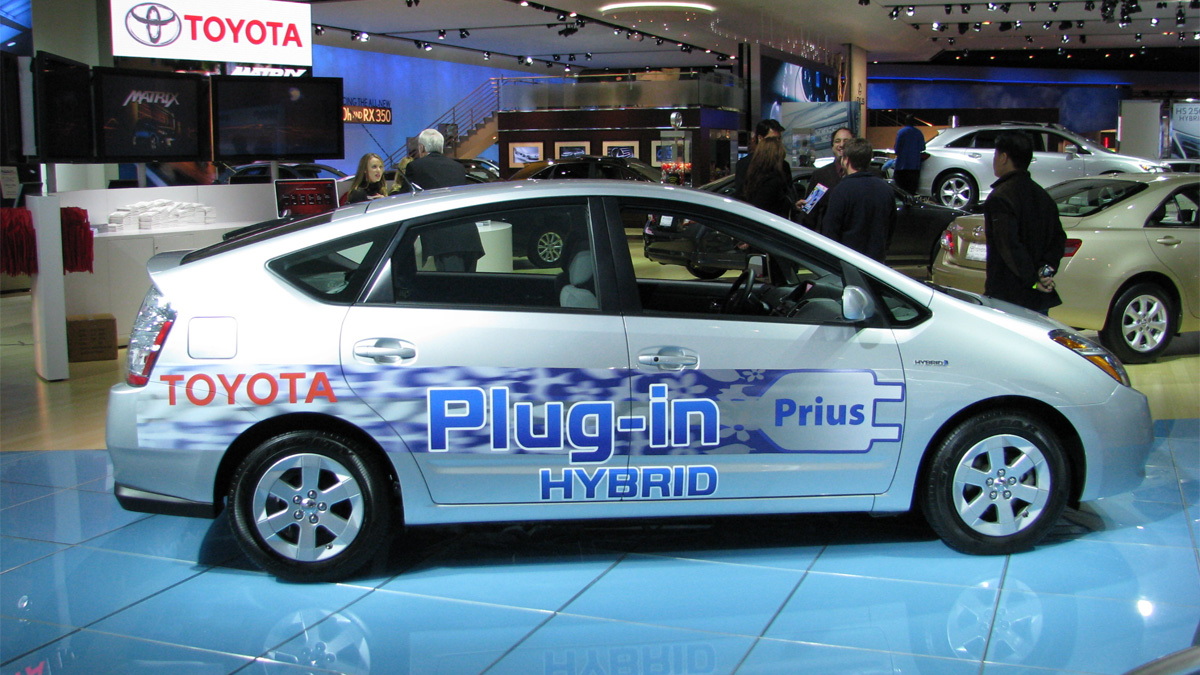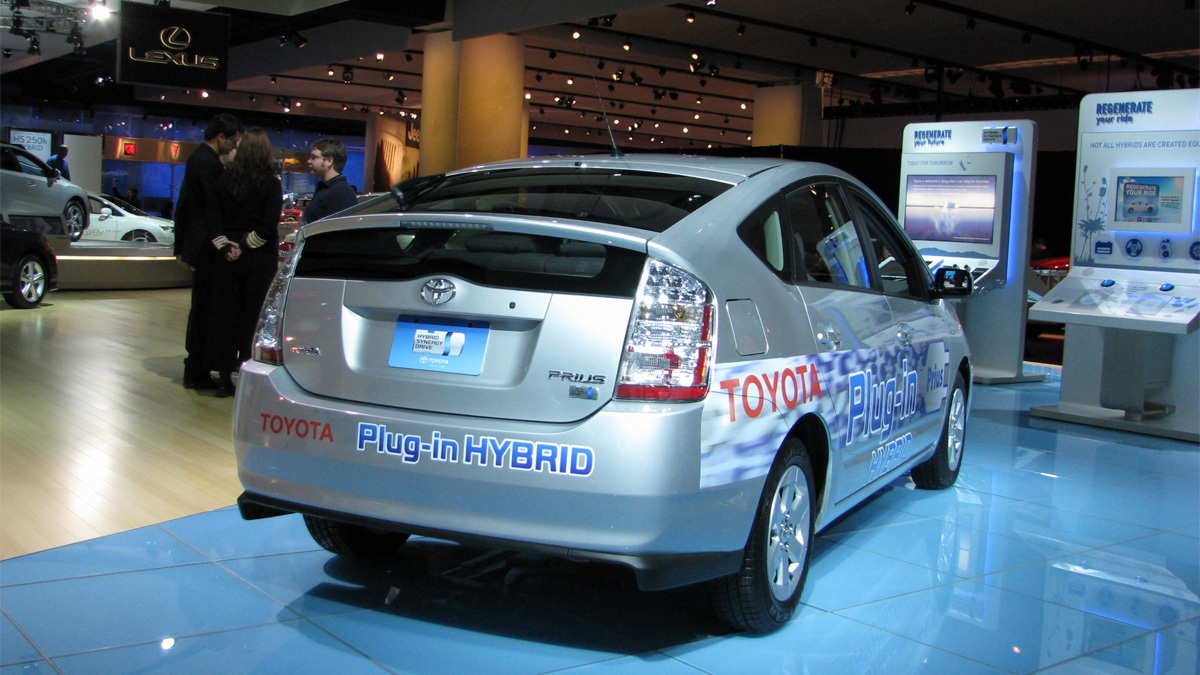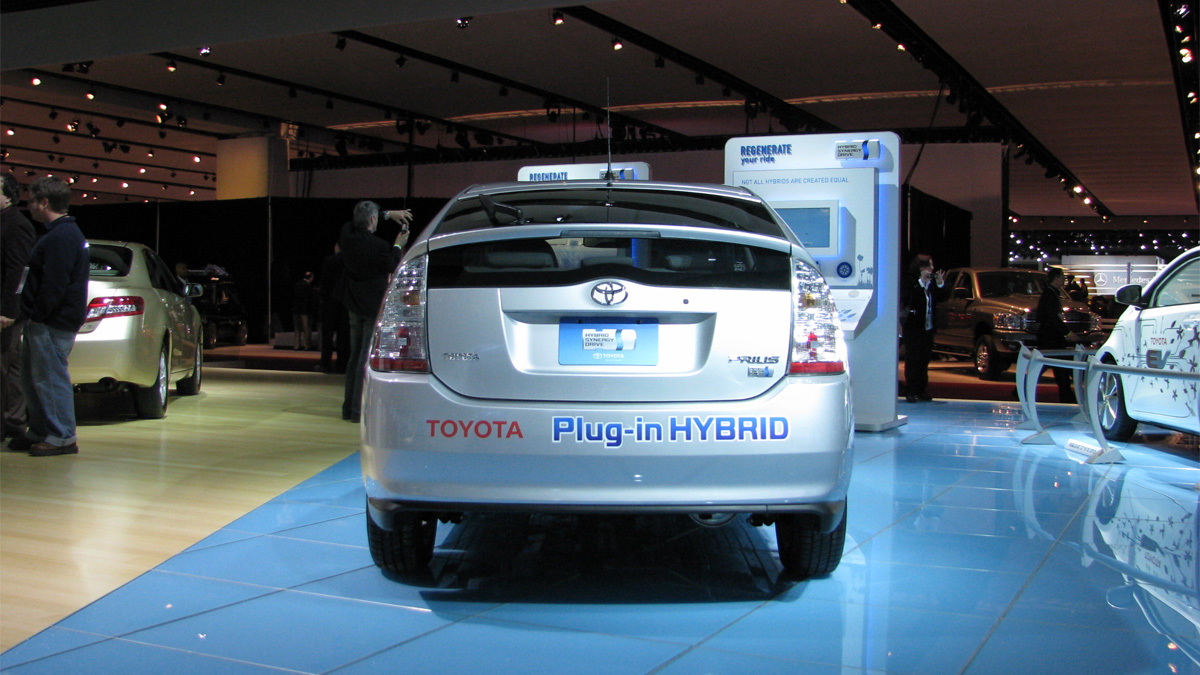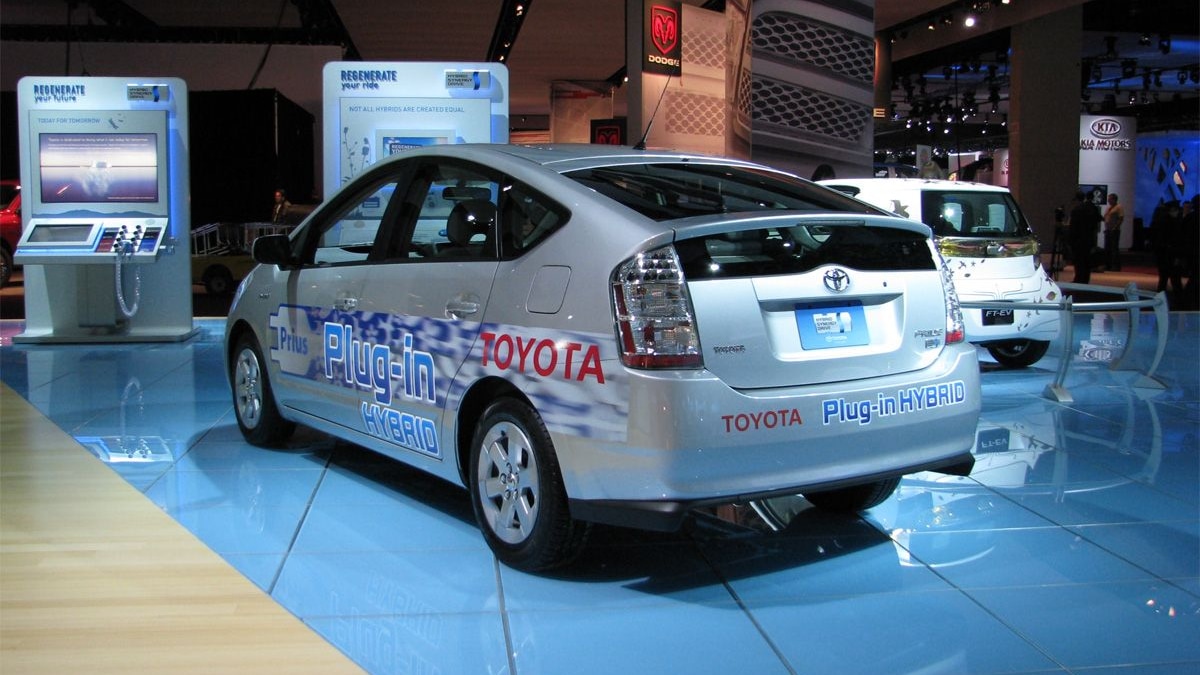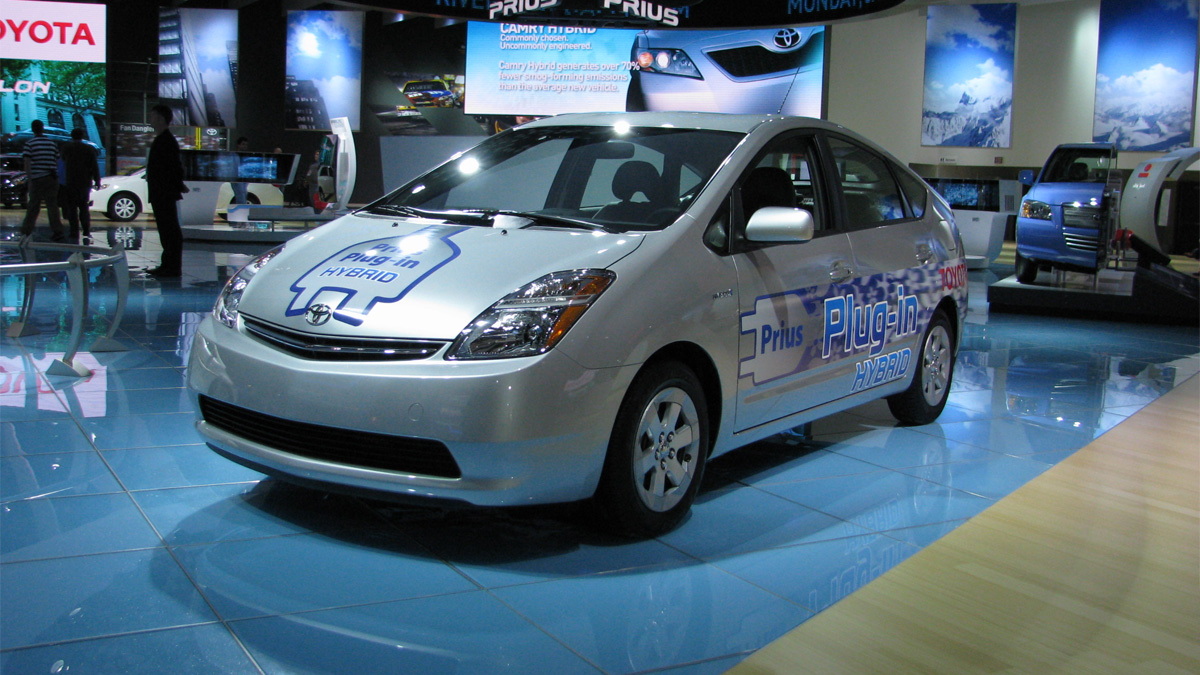Several prototypes will be tested by EDF Energy employees, with Toyota’s engineers looking to evaluate how the vehicles perform in an urban environment and what infrastructure requirements are needed. Getting real-world data from users in everyday conditions is a fundamental step in testing all new vehicles, but especially ones that feature novel power systems and ways to tap that power. Toyota is already undertaking similar testing in Japan.
The plug-in Prius is expected to arrive shortly before General Motors' Chevrolet Volt, which could give it something of a competitive edge in the battle for market share. With the strongest brand in the hybrid marketplace and a reputation for building dependable vehicles, however, Toyota doesn't need that first-to-market boost as much as the Volt might. How the order of arrival will affect retail sales once rubber meets the road and real-world results and reviews start trickling in will remain to be seen, however.
Similar real-world focus group testing is also being done by Nissan in Japan and elsewhere via its corporate partner Renault, and by Tata Motors in the harsh conditions of Norway.
